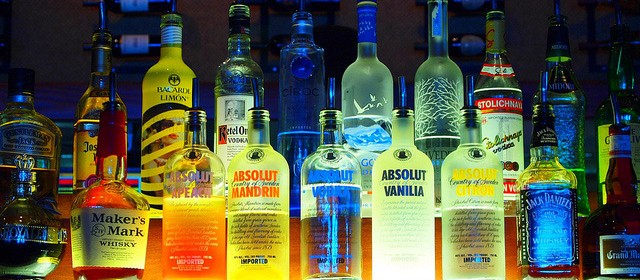Strokes Linked To Heavy drinking

The findings are consistent with the American Heart Association’s recommendations that men not exceed two drinks a day and women, one. Previous studies have found that moderate drinking can have a protective effect on heart disease and overall mortality, and the Swedish study found that abstaining from alcohol altogether did not lower the risk of stroke. Drinking is “like Jekyll and Hyde,” says Tara Narula, a cardiologist at New York City’s Lenox. “It can be medicinal and beneficial or poisonous and detrimental, depending on how much you use”
The National Library of Medicine concluded the following results after performing a study regarding the link between alcohol and strokes.
While these pathophysiological mechanisms have gained enthusiastic experimental and theoretical support, the findings are preliminary and will require further large-scale clinical and epidemiological analyses to substantiate their roles as causal factors or potentiators of stroke. Documentation of measurable platelet and coagulation cascade abnormalities reported in healthy volunteers who have ingested alcohol will need to be confirmed on a broader scale in stroke patients with recent ethanol consumption.
The risk of stroke in those with alcohol-induced atrial fibrillation and cardiomyopathy must be ascertained for the general population. While the experimental evidence is exciting and provocative, epidemiological evidence also suggests a link between alcohol consumption and stroke.
Regular alcohol ingestion is associated with hypertension, fatal and nonfatal intracranial hemorrhage, cerebral infarction, and increased risk of death from stroke. Recent, less stringently controlled studies suggest that alcohol consumption is a risk factor for cerebral infarction in young adults with occasional ethanol intoxication and middle-aged women and young men with occasional alcohol intoxication and regular heavy drinking. Alcohol may also be a risk factor for subarachnoid hemorrhage.

 Print
Print